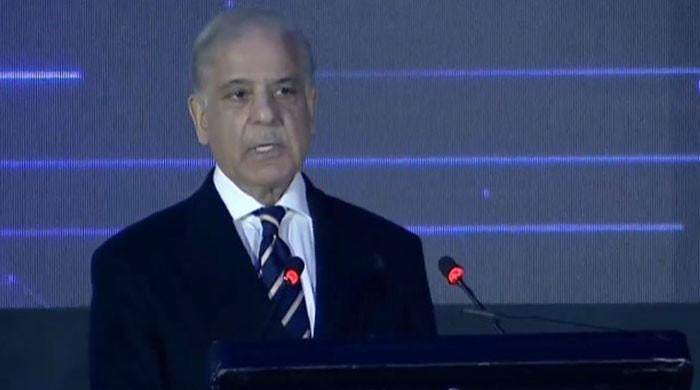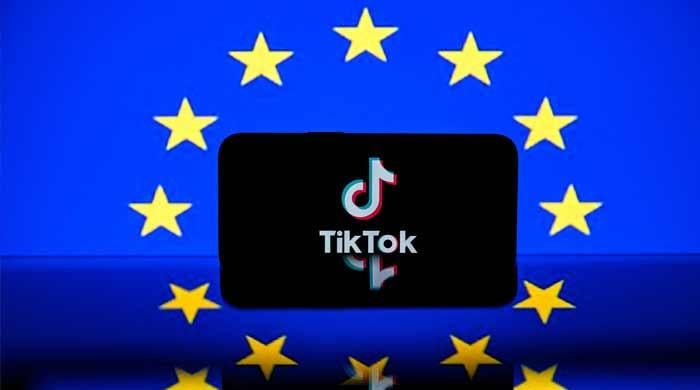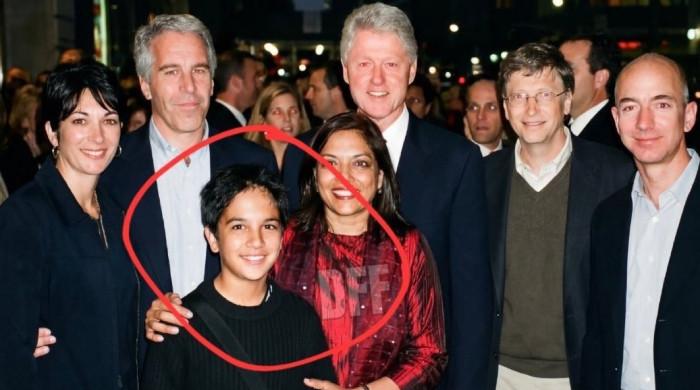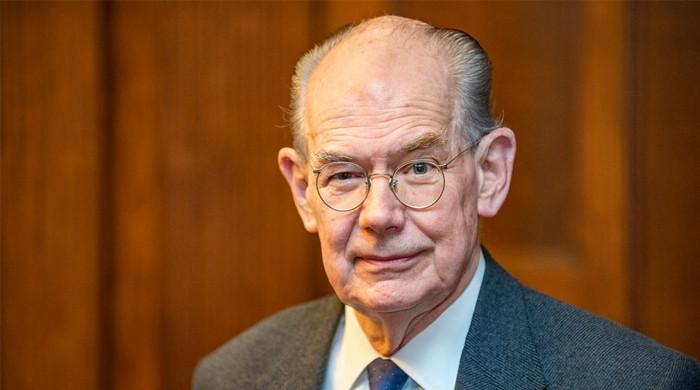TikTok accused of breaching child privacy regulations
Privacy advocacy groups claim app failed to take down all videos made by children under the age of 13 as per their agreement in February 2019
May 14, 2020

Privacy advocacy organisations have accused popular app TikTok of violating a consent decree and a law protecting children’s privacy online.
The Center for Digital Democracy, Campaign for a Commercial-Free Childhood and others said TikTok had failed to take down all videos made by children under the age of 13, as it agreed to do under a consent agreement with the FTC announced in February 2019.
At the time, the FTC said that TikTok, then known as Musical.ly, had known that young children used the app and had failed to get parental consent to collect their names, email addresses and other personal information. It paid a fine of $5.7 million.
But, the privacy advocates said, TikTok failed to delete personal information about users age 12 and younger as they promised as part of the consent agreement.
“We found that TikTok currently has many regular account holders who are under age 13, and many of them still have videos of themselves that were uploaded as far back as 2016, years prior to the consent decree,” they said in their complaint.
TikTok’s decision to create accounts for children age 12 and under that have less functionality failed to meet requirements of the Children’s Online Privacy Protection Act because the company still collects information, which it shares with third parties that want it for advertising. Also, children can easily avoid using the kids version of the app by being dishonest about their age, the groups said.
In addition, TikTok fails to post on its homepage an easy-to-find link to its privacy policy, the groups said.
“TikTok continues to be one of the most popular apps in the world, and it is widely used by children and teens in the United States, so it is especially important that the FTC promptly and thoroughly investigate TikTok’s practices and take effective enforcement action,” the groups said in their complaint.
Other groups signing on to the complaint include Berkeley Media Studies Group, Consumer Action, Consumer Federation of America, Consumer Reports and Electronic Privacy Information Center.











